Who Is The Voice In Your Head In Avowed?
Like many heroic protagonists, Avowed's Envoy hears a mysterious voice in their head, beckoning them towards the Adra of the Living Lands for some unknown purpose. When you engage with the Voice, communing with the Adra like it calls you to, you're taken into a mysterious world in between realities, and faced with a powerful being that needs your help. Whether the Envoy chooses to help the voice or turn away from it will change the future of the Living Lands, so knowing exactly who you're working with can help you choose whether you'll lend aid or walk away.
[Warning: Major spoilers for Avowed.]
Before understanding just who the Voice is, it's important to understand the role of Adra and the Wheel in the lifecycle of Eora's inhabitants. Adra is a jade-like stone that can be found in plenty throughout the Living Lands and across Eora, and it has properties that allow it to channel souls. When a being in Eora dies, its soul is taken into the Adra and then sent on to the Wheel of Souls through the In-Between and Beyond, where it's then reincarnated into new life. That being said, sometimes souls are not recycled properly, and the Adra's soul-conveyance properties can be put to other uses.
The Voice’s Identity In Avowed
Unlike The Engwithan Gods, Sapadal Is All Natural
The Engwithans were one of the most ancient societies in Eora, and are the ones credited with discovering Animancy and the soul-channeling powers the Adra posses. Reportedly, they used their knowledge of the Adra to create the pillars that dot Eora's landscape in a wide network, allowing each pillar to connect to the others. Through this study, they learned that the Adra was directly connected to the Wheel,and they used their knowledge of Adra and this connection to control the flow of souls from death to rebirth.
After some time, they realized that they could create gods by essentially damming up the flow of souls, forcing them to accumulate until the power reached critical mass and birthed a deity. As the Engwithans controlled the process of soul-shaping and forming, they were able to create deities with distinct power domains, such that Woedica is the goddess of justice and rulership, Ondra is the goddess of the moon, and so on. That being understood, here is how the Voice differs.
While you don't need to play Pillars of Eternity to play Avowed, both Pillars games will help players understand the series' lore.
The name that the Voice claims later on in Avowed is Sapadal, and they are considered a natural god. Unlike the rest of the pantheon, the Aedyr patron Woedica included, Sapadal wasn't created by the Engwithan people. Instead, Sapadal is a god created entirely without design, leaving them with no specific domain to rule over. This lack of limit on their power made Sapadal a threat to the Engwithan pantheon, despite the fact that they were, for all intents and purposes, a baby. For this, the Engwithan gods imprisoned them.
It's not entirely clear how Sapadal was created. It could have been a blockage in the Wheel that caused a mass of souls to coalesce into a new god, or it could be that another ancient civilization happened to come to the same conclusions that the Engwithans did and were able to create another god. It's discussed in Avowed how the Living Lands' Adra is disconnected from the rest throughout Eora, which helps explain how Sapadal has gone unnoticed for so long, and may be a key factor in their birth.
Sapadal Is An Ancient Forgotten God In Avowed
Can Something That Was Never Known Truly Be Forgotten?
After the Engwithan gods learned of Sapadal's existence, they imprisoned them so they wouldn't become a threat to their power. Unlike themselves, Sapadal had no creator limiting their scope of power. It's unknown as to exactly how Sapadal was created, though it can be inferred by their power that they were made with much less direction and intent than the Engwithan deities. When Woedica saw how powerful Sapadal was becoming, she trapped them in a prison in the In-Between, preventing them from ever truly joining the pantheon as a god of the Living Lands.
For uncounted years, Sapadal shook the walls of their prison, hoping for a way to get out. They created Godlike, but none were able to find them in the Adra of the Living Lands until the Envoy. Sapadal was therefore never known as a god after Woedica's genocide of the Ekidans (aka the Godless), never venerated by the people of their land or prayed to in the dark of the night. An unknown god in a dark corner of the universe, reaching out to anything that would – could – answer them.
What Sapadal’s Connection To The Dreamscourge Is
Sapadal's Rattling Of Their Prison Bars Comes With Deadly Consequences
What players need to understand before passing any sort of judgment on Sapadal is that they were born and imprisoned in quick succession, giving them no time to develop any sort of understanding of their powers and their place as deity of Eora. Woedica, in preventing Sapadal from learning about themselves and their role in the world, reduced Sapadal to a being of instinct and urge rather than logic or reason. When Sapadal felt Woedica's nearness through the influx of Aedyran settlers in the Living Lands, they began to lash out in the only way they could to defend themselves against their jailer – through the Dreamscourge.
It's revealed later in Avowed that the Envoy is a Godlike of Sapadal, which is why their fungal Godlike marks are so similar to the Dreamscourge afflictions that mark so many creatures throughout the Living Lands. Sapadal tells the Envoy later in the game that they know they're the cause of the Dreamscourge, that their fear and pain are leaking out and infecting the lands they call home, but only through their freedom may they regain control to stop it. It's up to the Envoy to decide whether to give this unique god a chance where they had none before.
Choosing to free or kill Sapadal is only one of the choices you make to influence the ending you receive. Avowed has many ending permutations, some of which are "exceptionally rare" according to the game's composer.
If you choose to free Sapadal, they look at the Living Lands through your eyes, as you're not only Envoy of the Aedyran Empire, but even more so, an envoy of a newly-freed god. Using the Envoy's experience of the Living Lands and the people within it as a baseline, Sapadal is able to find peace with their power and create balance in the Living Lands. There are, of course, other decisions to be made regarding Avowed's endings, but freeing Sapadal allows them to step fully into their godhood, becoming the curious, gracious, and powerful gardener that the Living Lands have been missing for ages.
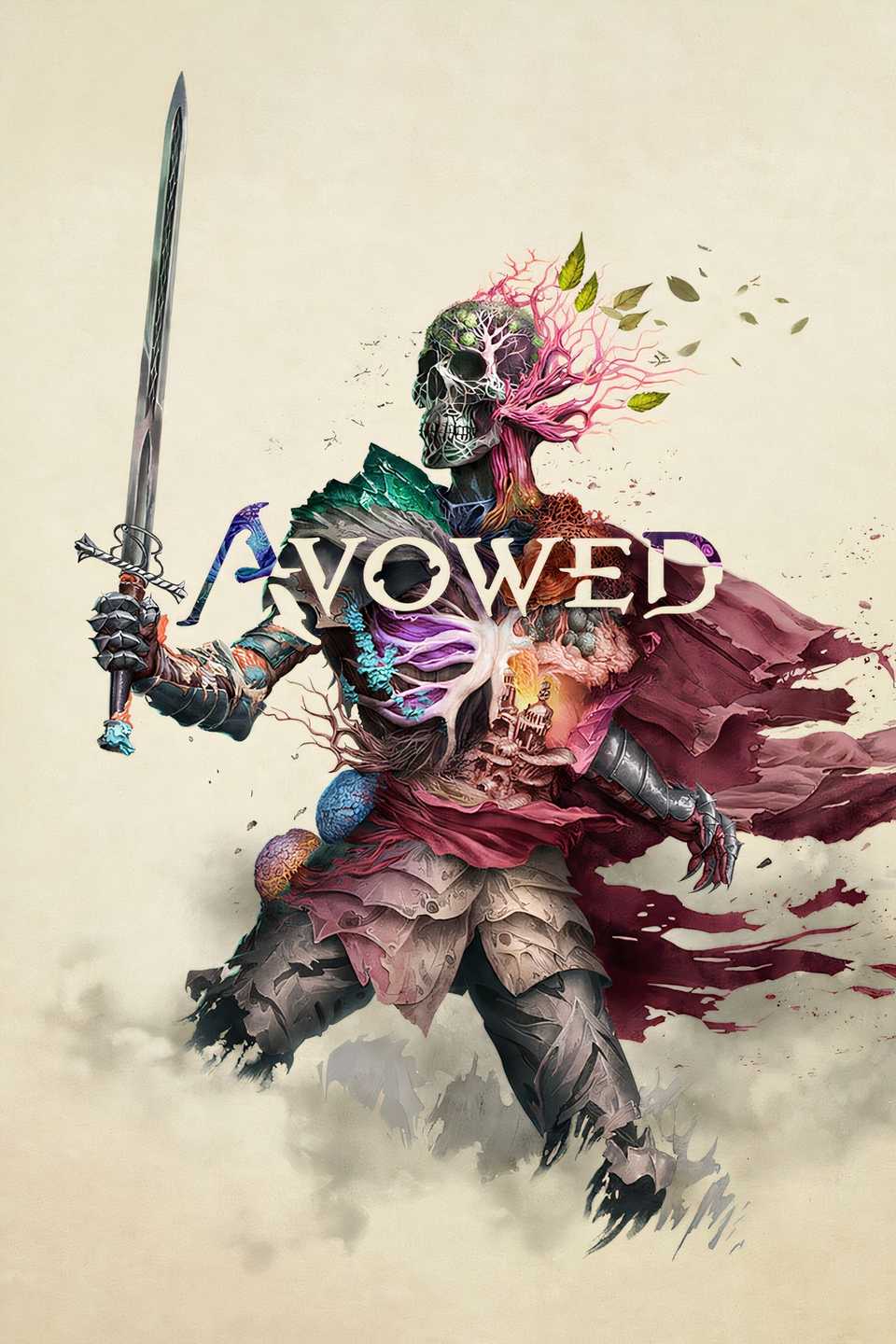
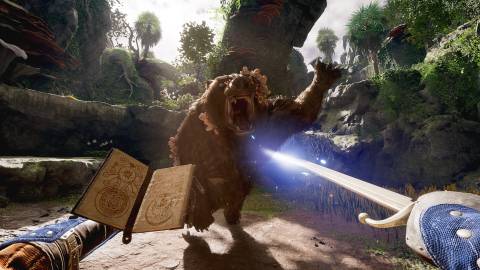
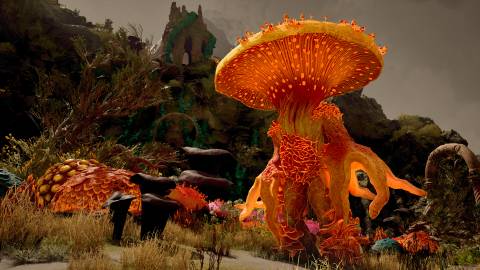
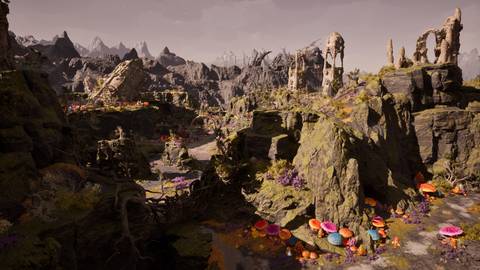
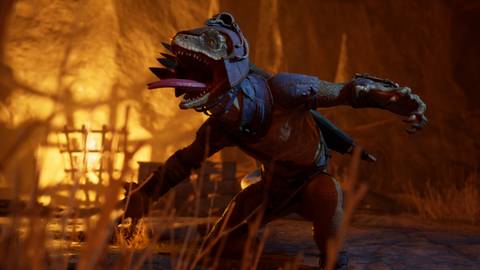
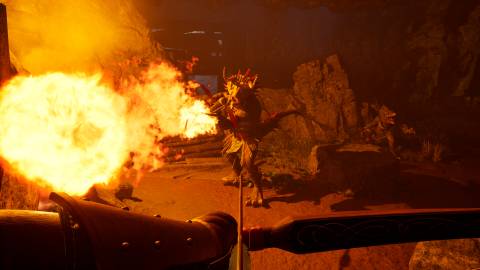
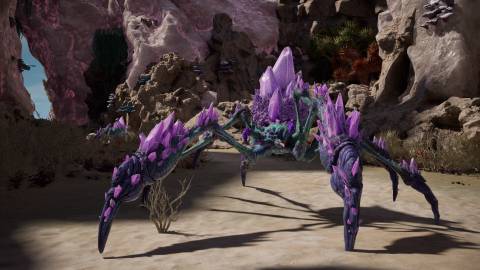
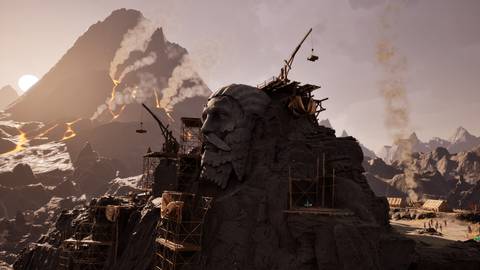
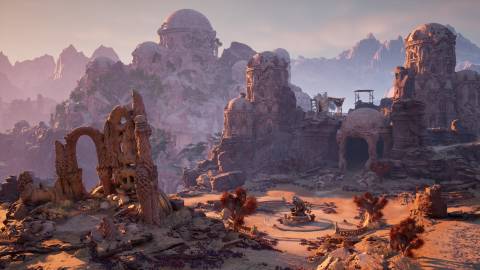
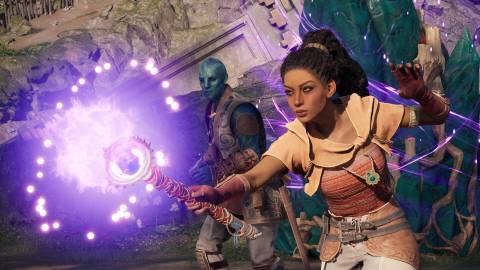
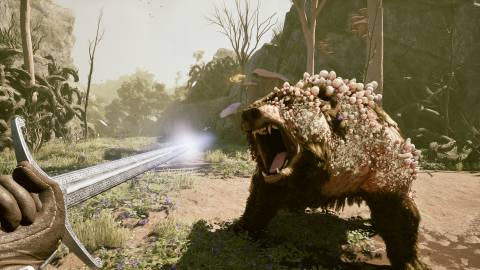
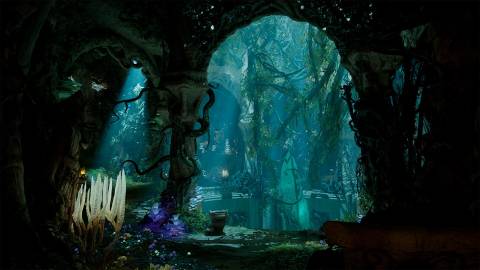
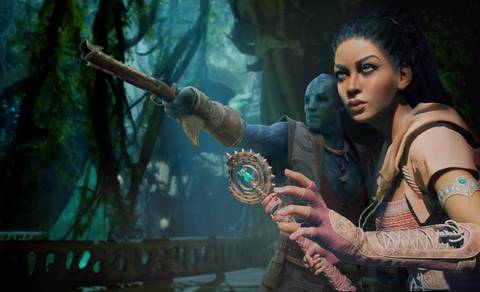
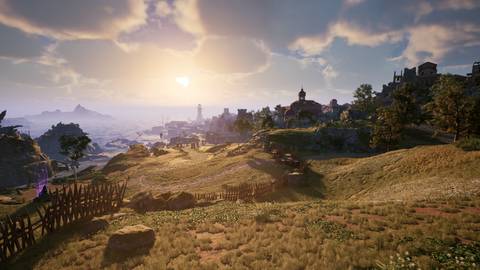
Avowed
 OpenCritic Reviews
OpenCritic Reviews- Released
- February 18, 2025
- ESRB
- Mature 17+ // Blood and Gore, Strong Language, Violence
- Developer(s)
- Obsidian Entertainment
- Publisher(s)
- Xbox Game Studios
- Engine
- Unreal Engine 5
- Franchise
- Pillars of Eternity
- Number of Players
- 1
Avowed is an upcoming RPG release from Obsidian Entertainment, the creative minds behind Fallout: New Vegas and The Outer Worlds. Avowed will reportedly take place in the same universe as Pillars of Eternity.
- Platform(s)
- Xbox Series X, Xbox Series S, PC

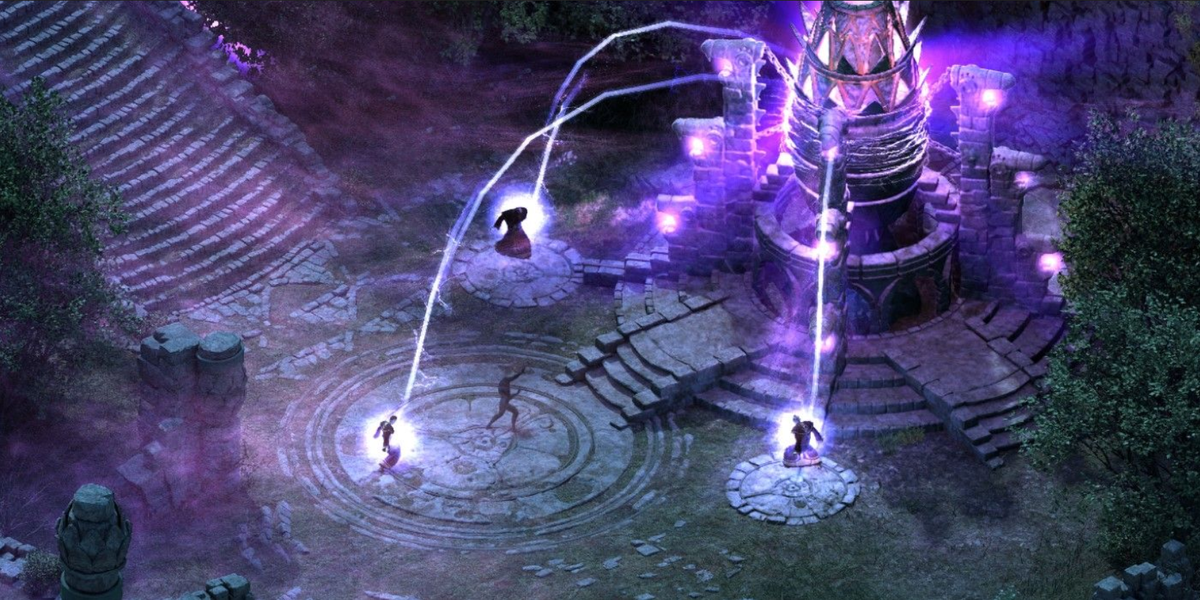




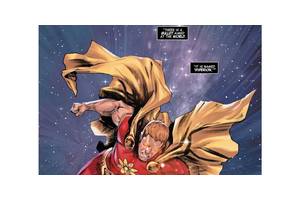

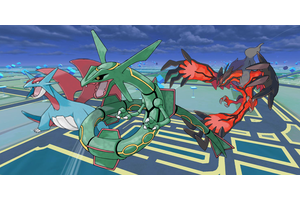
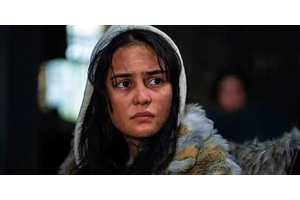

Your comment has not been saved